Trending Now
Friday, Nov, 2024
Home / More elevated levels of training may help protect memory notwithstanding amassing age-related mind pathology
More elevated levels of training may help protect memory notwithstanding amassing age-related mind pathology
A few research examines have demonstrated that higher instructive accomplishment is related with better late-life intellectual working.......
A few research examines have demonstrated that higher instructive accomplishment is related with better late-life intellectual working and decreased hazard for dementia. Despite the fact that the connection among instruction and insight, particularly memory, has been known for quite a while,
precisely how and why perception is saved in the cerebrums of individuals with advanced education levels is as yet obscure. While numerous components could be included, researchers have proposed two hypotheses to clarify how factors like higher instructive fulfillment may bolster intellectual capacity in more seasoned grown-ups. The primary, called cerebrum upkeep, recommends that
advanced education levels go about as a shield to shield the mind from age-related pathology and that more seasoned grown-ups with higher instructive accomplishment have less age-related
cerebrum pathology, for example, white issue harm, which gathers in every single more established grown-up. An elective hypothesis, called psychological save, recommends that individuals who accomplish more elevated levels of instruction achievement procedure and store data in the
cerebrum in a way that permits them to keep up ordinary subjective execution even despite white issue harm or mind pathology. Fundamentally, advanced education levels some way or another
prepare the mind to explore around the impacts old enough related cerebrum pathology. A NIA- subsidized investigation distributed in Neurobiology of Maturing utilized information from a huge,
racially and ethnically various example of more seasoned grown-ups to help the last speculation —that more instruction predicts better memory sometime down the road through better subjective hold.
A heap of books on a table with an open PC leaning against the booksTo endeavor to prod separated these two speculations, specialists assessed how training influences an all around examined pathway that happens during maturing: white issue hyperintensities, which are an indication of
cardiovascular-related cerebrum harm connected to hypertension in more established grown-ups. Expanded volume of white issue hyperintensities are connected to diminished memory execution in more established grown-ups, and are an indicator of Alzheimer's malady. The scientists took a gander at how training influences this pathway in two huge examples of more established grown-
ups, ages 65 years or more seasoned, taking an interest in the Washington Statures Inwood Columbia Maturing Task, a long-running NIA-supported network investigation of maturing in
northern Manhattan.
Analysts surveyed memory utilizing a standard test taking a gander at quick and postponed review of word records. With such an enormous example size, the analysts had the option to modify for the impacts old enough, sex, race, ethnicity, and constant infection status to guarantee that they were taking a gander at the factors important to their theories.
While the creators didn't discover proof supporting the cerebrum upkeep speculation for instruction—training level didn't influence circulatory strain or white issue hyperintensity
volume—they found proof to help the subjective hold pathway. In particular, instruction was appeared to influence the connection between white issue hyperintensity volume and memory
scores; the memory scores of people with higher instructive accomplishment were less influenced by increments in white issue hyperintensity volume contrasted with those with less training. This relationship was seen distinctly in the moderately more youthful 2011 companion, and not in the
2005 partner. This is steady with the hypothesis that training may just have the option to cradle the impacts old enough related cerebrum pathology at before stages.
The creators noticed a few confinements to this examination. For instance, the white issue hyperintensities were estimated with various kinds of X-ray scanners, which may have given less
detail to distinguish littler spots of harm between the examples in the 2005 contrasted with the 2011 examples. Another confinement is that as a result of the distinctions in age between the 2005
and 2011 associates, these examples may likewise have had diverse educational encounters. A quality of this investigation is the racial, ethnic, and instructive decent variety of the two examples, which builds the opportunity that it is relevant to the overall population. The creators took a gander at racial and ethnic breakdowns of their primary finding, and the example supporting the
psychological save speculation held up across Hispanic, non-Hispanic dark and non-Hispanic white subgroups.
While this investigation doesn't address how psychological save bolsters memory work even with mind pathology, future research could reveal insight into the theory that instruction may improve
the proficiency or capacity of cerebrum systems engaged with memory, or upgrade the mind's capacity to deftly utilize nondamaged territories to help memory. This examination recommends
that training could assume a significant job in shielding the mind from age-related psychological decay and dementia.

EShort / February 16, 2024
IMS Noida Admissions 2024: Apply for UG, PG programmes

EShort / February 16, 2024
GATE 2024: Response sheet out

EShort / February 16, 2024
BSSTET 2023: Admit card released

EShort / February 16, 2024
NID DAT 2024: Prelims result released

EShort / February 16, 2024
IIT JAM 2024: Response sheet released

Jobs / February 16, 2024
UPSC Recruitment Drive 2024: Apply for 120 vacancies in various departments

EShort / February 14, 2024
UPSC CSE 2024: Official Notification issued; application process begins
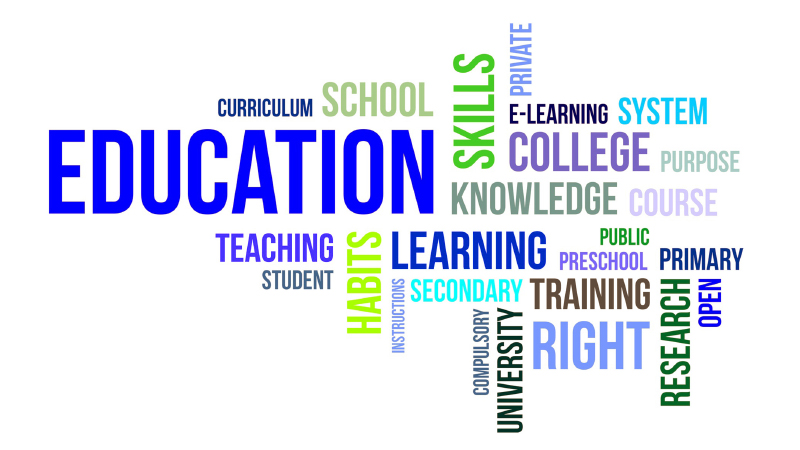
Editor's Desk / April 17, 2020
How Does Society Impact Our Education?

Current Affairs / April 22, 2020
Mr. Sudarsanam Babu appointed to U.S. Science Board.
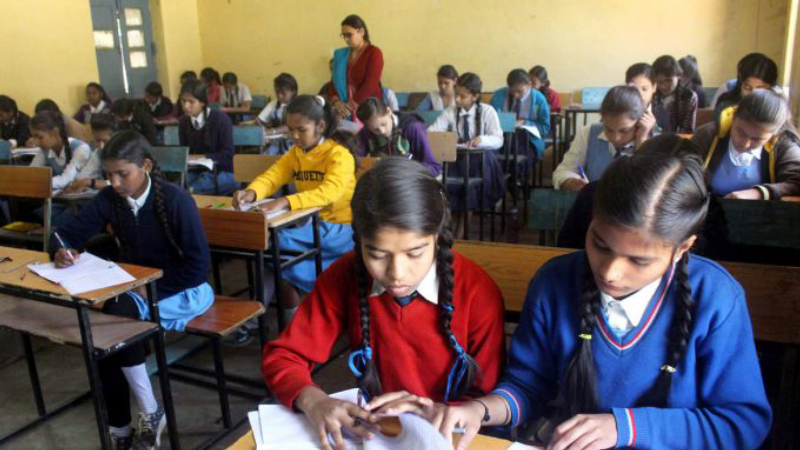
Reforms / April 17, 2020
Traditional Structure of Education In India
.jpg)
Events & Seminars / April 17, 2020
PISA!!
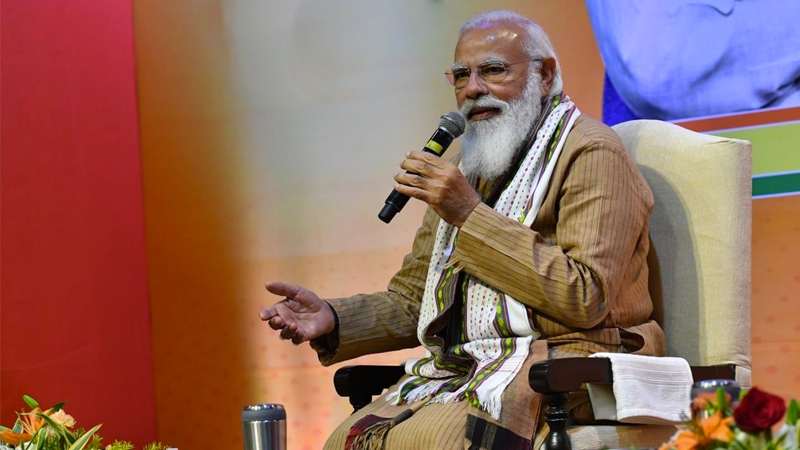
Blog / February 26, 2021
Government's Action On #ModiRojgaarDo

EShort / May 19, 2022
CUET PG 2025 has started the registration process.

Notice Board on Important Dates / April 21, 2020
World Heritage Day

News / July 08, 2021
JEE Mains Registration For Session 3: Last Date To Apply

EShort / December 14, 2021
UPSC Declared Final Result For DCIO Recruitment


 by
by  06 Jul 2020 10:14 AM IST /
06 Jul 2020 10:14 AM IST /  0 Comment(s) / 193
0 Comment(s) / 193 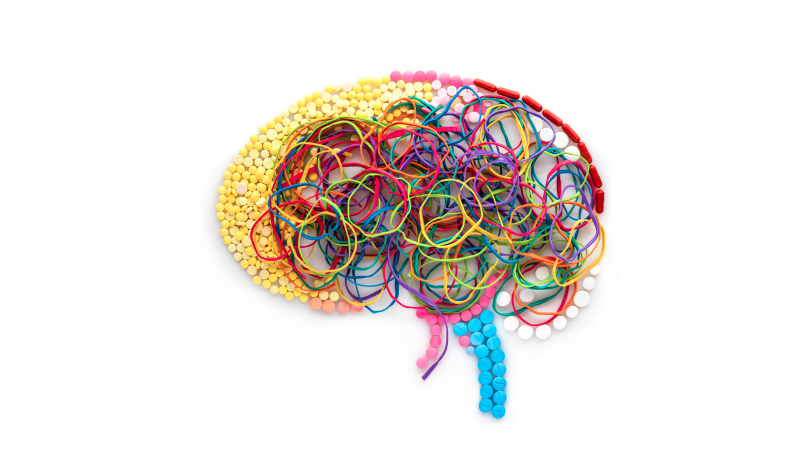
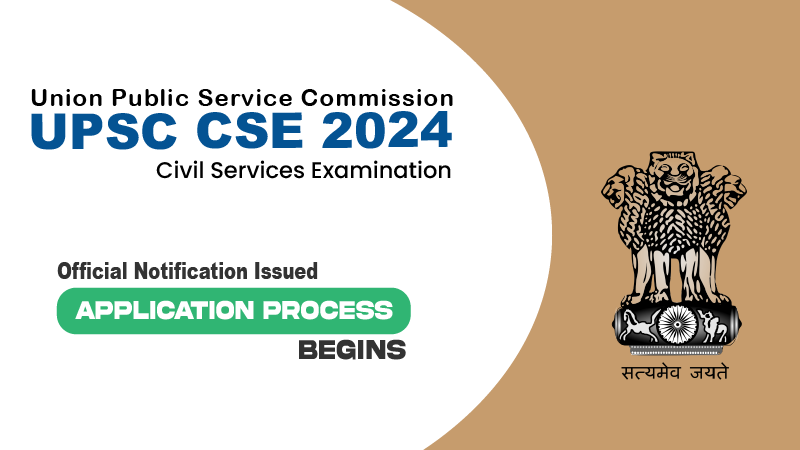

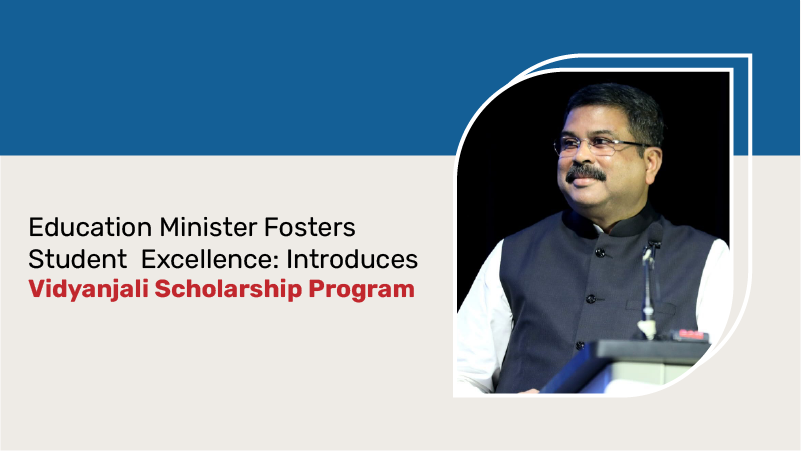
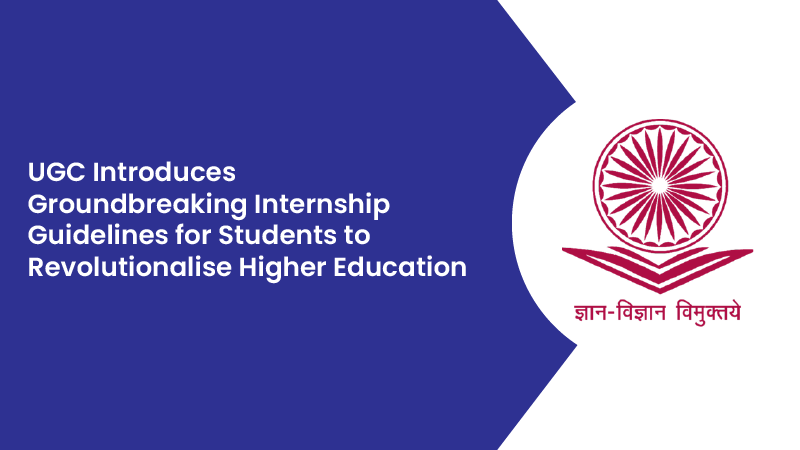

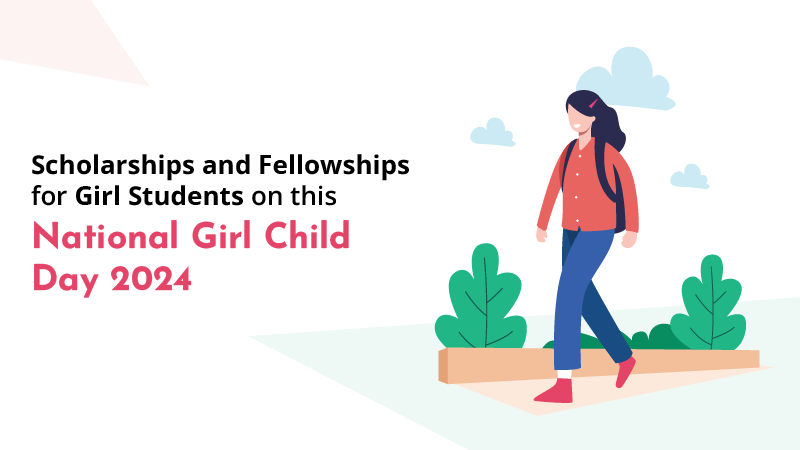
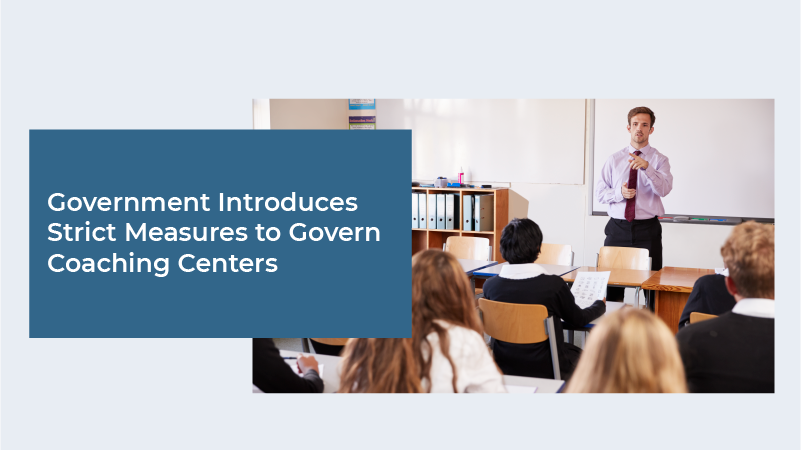




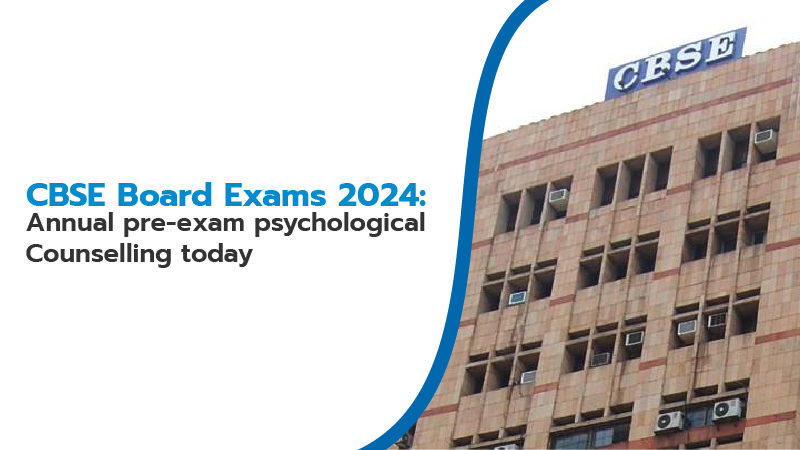



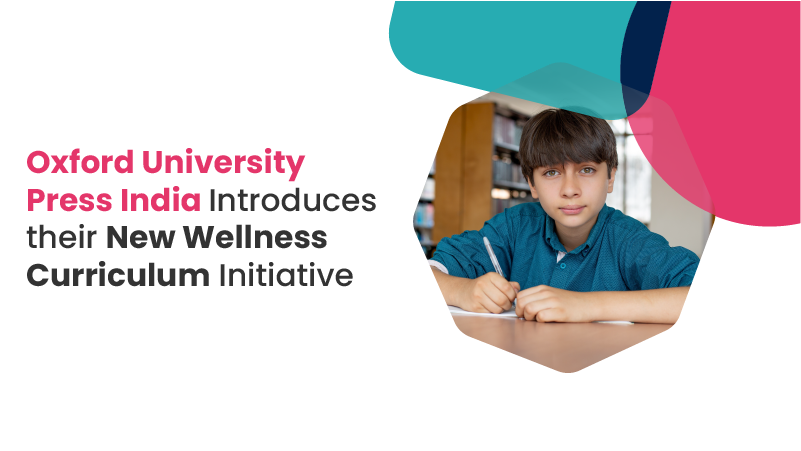

-02.png)



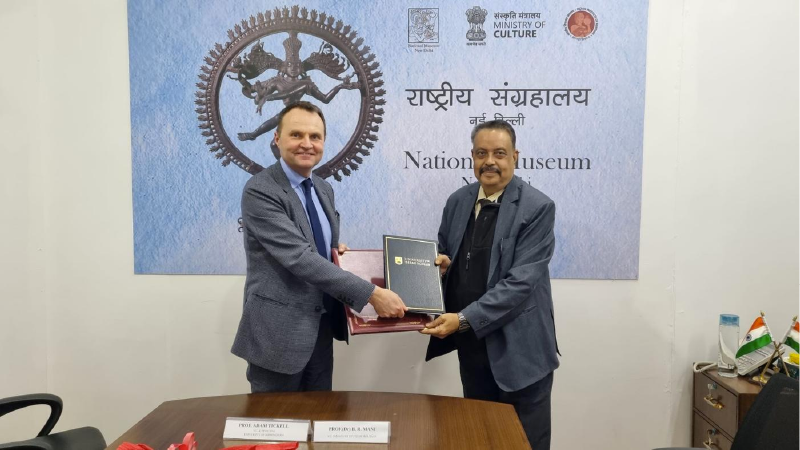
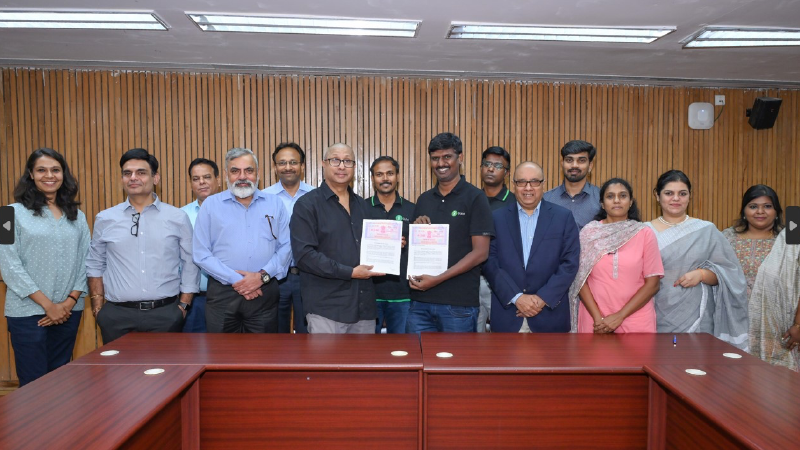
0 Comments
Post Comments